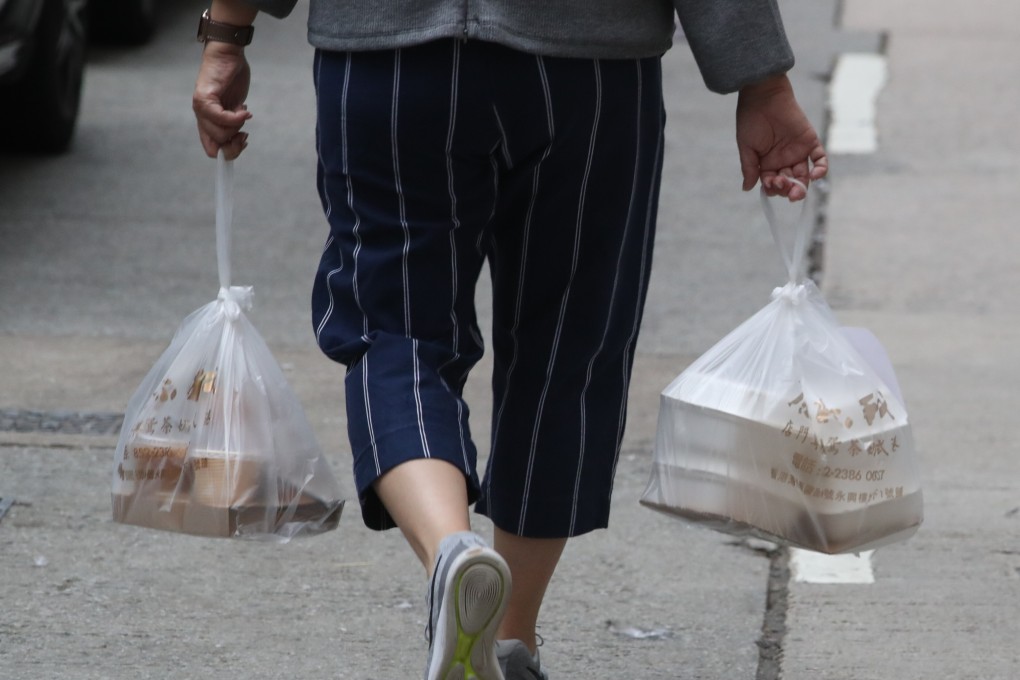Editorial | More action needed to tackle plastic waste
- The doubling of the plastic-bag levy to HK$1 is welcome, but it is doubtful it will serve as much of a disincentive with environmentalists arguing that more potent measures such as a ban are needed to break the throwaway habit

Thirteen years ago, at 2am one morning, lawmakers finally approved a 50-cent levy to discourage the use of plastic shopping bags. The unusual hour reflected the level of controversy. The levy was introduced after more than a decade of debate, and the legislature took two years to approve it, while at the same time Hongkongers discarded about 15 billion more plastic bags that ended up in landfills.
Not surprisingly, the levy remains frozen. But there is a plan to double it under a waste blueprint to promote a “plastic-free” culture. It is part of a wider strategy to end the use of increasingly scarce landfills by 2035. Now the Environment Bureau has produced a time frame, not only for doubling the levy but also for implementing the waste-charging scheme, set to come into force by the second half of next year. This is welcome news, revealed in a paper submitted to lawmakers following waste-reduction measures recommended by the Council for Sustainable Development.
However, it is doubtful the levy is much of a disincentive. Indeed, the council advised raising it to as much as HK$2. We still throw plastic bags away after carrying the shopping home. In Hong Kong this means dumping them in landfill, where they will break down over centuries into tiny, toxic particles that leach into soil and water. Others litter streets and parks or the ocean, where they kill sea life.
Disposal of plastic bags remains steady at 1.6 per person a day, prompting a need to review the levy scheme and its effectiveness. The bureau says its medium-term goal is to reduce per capita municipal solid-waste disposal by 40 to 45 per cent, and long term to develop adequate waste-to-energy facilities.
That said, environmentalists query the deterrent value of a HK$1 levy in changing habits. They argue this would take more potent measures and cite the example of more than 30 African countries that have banned plastic bags. The global health crisis has dealt a blow to anti-pollution efforts, with the disposal of mountains of masks, self-testing kits and takeaway meal containers. The bureau has rightly backed the council’s call for a sales ban on cups, plates, cutlery and the like. But there is room for the government to show more urgency and action in fostering greater public awareness and a plastic-free culture.
